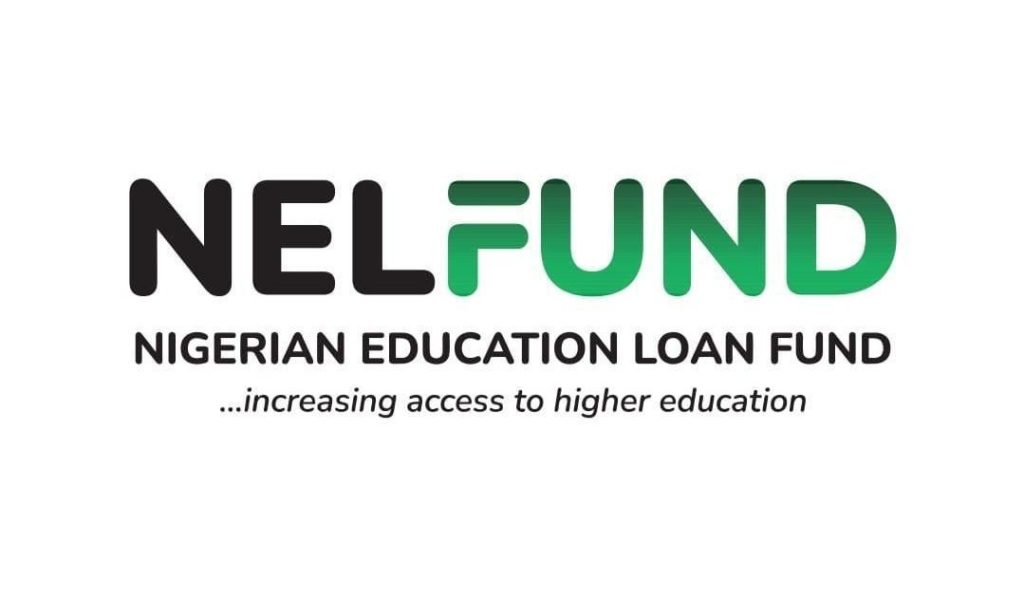The Federal Ministry of Information and National Orientation has issued a cautionary advisory to parents of undergraduate students regarding the potential for double payment of tuition fees. Dr. Helen Nsirim, the Information and Public Relations Officer at the Federal Information Centre in Port Harcourt, emphasized the importance of parental vigilance in verifying their children’s beneficiary status with the Nigerian Education Loan Fund (NELFUND) before remitting tuition fees. This precaution is crucial to mitigating the risk of financial exploitation by students who may conceal their loan acquisition from their parents. The advisory underscores the financial pressures faced by many families and highlights the government’s intent behind the student loan scheme – to alleviate the financial burden associated with higher education. Dr. Nsirim’s statement stresses the ethical implications of students exploiting the system for personal gain, particularly in a challenging economic climate.
Dr. Nsirim further advocates for enhanced transparency within the NELFUND operations, proposing the annual publication of loan beneficiary lists. She suggests disseminating this information through various channels, including universities, national newspapers, and the fund’s official social media platforms. This increased transparency aims to empower parents with readily accessible information, enabling them to confirm their children’s loan status and avoid unnecessary financial strain. By facilitating parental access to this information, the ministry seeks to prevent instances of unwitting double payments and promote a more informed approach to educational financing. Dr. Nsirim’s call for greater transparency reflects a broader effort to foster accountability and trust in government-sponsored financial aid programs.
The role of effective communication and public awareness campaigns is also highlighted in Dr. Nsirim’s statement. While acknowledging the National Orientation Agency’s (NOA) ongoing efforts in sensitizing the public about available student loan programs, she emphasized the importance of parental proactiveness. She urged parents to actively seek information about such programs and explore available options to mitigate their financial obligations. This emphasis on parental responsibility underscores the importance of individual initiative in navigating the complexities of educational financing and leveraging available resources.
Beyond merely relying on government agencies, Dr. Nsirim encourages parents to adopt a more engaged approach to information gathering, particularly in the digital age. She suggests shifting focus from less productive online activities, such as following social media trends and gossip, towards more constructive pursuits like staying informed about NELFUND activities and encouraging eligible children to apply for loans. This recommendation reflects a broader societal concern regarding the appropriate use of technology and the need for individuals to prioritize information that directly impacts their well-being.
The establishment of NELFUND underscores the government’s commitment to improving access to higher education by offering financial support to Nigerian students pursuing tertiary education. The fund serves as a crucial mechanism for bridging the financial gap that often prevents students from pursuing academic aspirations. By providing low-interest loans, NELFUND aims to create more equitable access to higher education, fostering a more educated and skilled workforce. The fund’s existence represents a significant investment in human capital development, contributing to national development goals.
In conclusion, Dr. Nsirim’s advisory serves as a timely reminder for parents to remain vigilant and proactive in managing their children’s educational expenses. By verifying loan status, advocating for transparency, seeking information, and encouraging loan applications, parents can effectively navigate the financial landscape of higher education. The government’s efforts, through NELFUND and public awareness campaigns, aim to create a more supportive environment for students and families pursuing higher education. The emphasis on parental involvement underscores the shared responsibility in ensuring educational accessibility and affordability for all.


